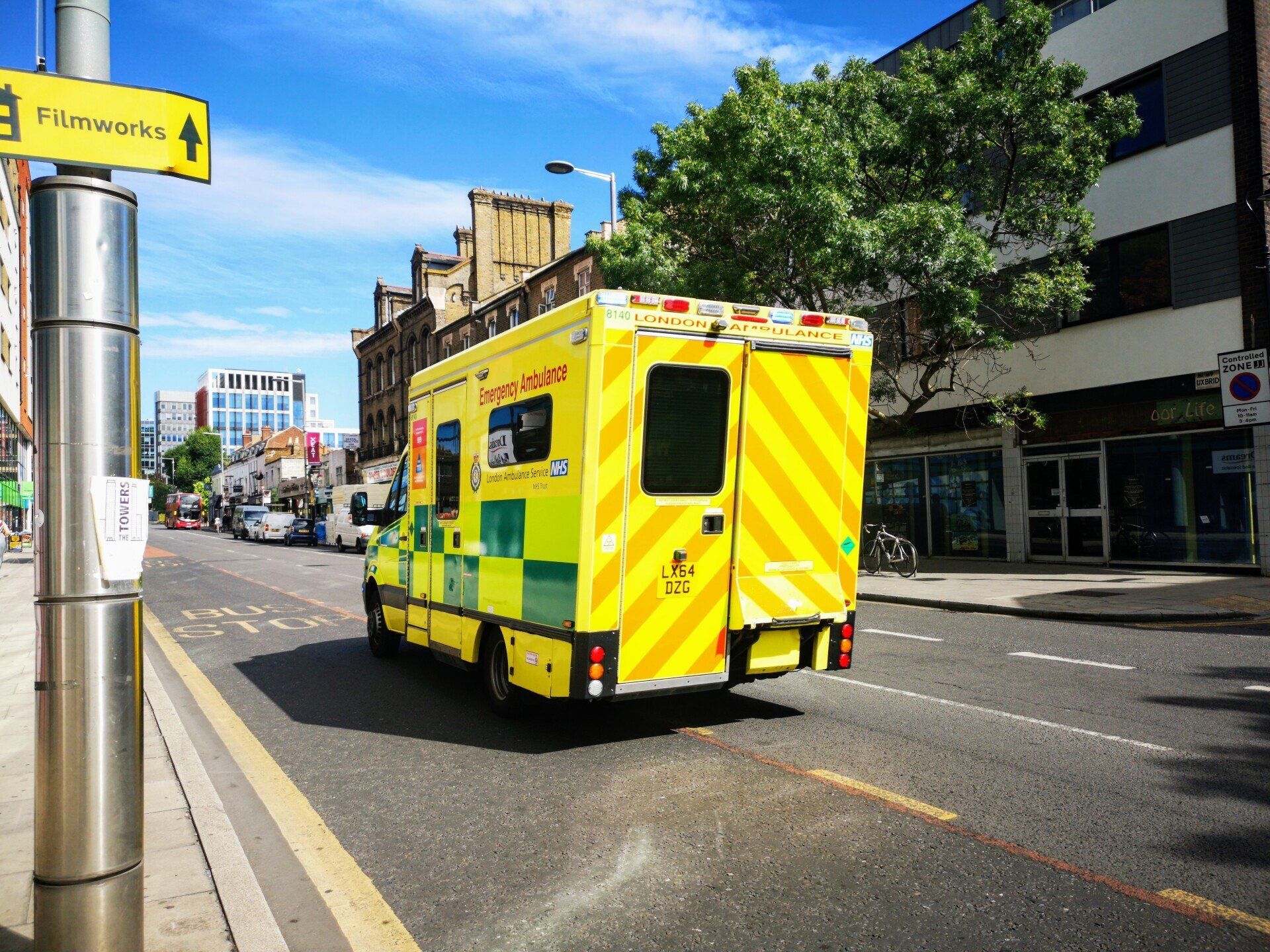Non Clickable Image
Carers
Carers
Family and Paid Carers
Family and Paid Carers
NHS NATIONAL CARE SERVICE
This Code therefore calls for:
- Fully funded and free at the point of need National Care Service (NCS).
- Free Elder and other age care to be within the NHS, whether in care homes or in your own home (paid and fully trained carers / District Nurses).
- No more elder people paying for care.
- For care homes (all ages) to pay £16 per hour as minimum, from age 16, to paid carers.
- Free end of life care on NHS in NHS Hospices or paid carers coming to your home. Perhaps direct employ Marie Curie / Macmillan, and the like, trained nurses.
- Charter of Service for residents of care homes.
- End of criminal charge of kidnap if next of kin removes elder or younger relative from care home, for home care.
- Fully staff and fully fund rehabilitation units in NHS hospitals for patients who cannot yet go to a care home or return to their own homes, with NHS ongoing healthcare.
TOE NAIL CARE IN CARE HOMES
People living in care homes,
supported living, or
receiving domiciliary care
For Department of Health and Social Care, the Care Quality Commission (CQC), and care providers across the UK to:
- Clearly recognise routine toe nail care as part of everyday personal care:
✅ Require care home providers to have risk-assessed, safe processes in place
✅ Remove “insurance” as a reason for neglecting essential tasks
✅ Ensure families are not left to carry this responsibility alone
Background from petition
Nail care affects mobility, comfort, self-esteem, and hygiene.
Background to Family Carers and pensions
2025 article ..."Nearly half (47 per cent) of carers have zero private pension savings between the ages of 60 to 65...
..."Research by Phoenix Group (who) found a quarter (27 per cent) of people think they will be a carer by the time they are 67, which will be the age at which people will qualify for the state pension in April next year (2026).
..."However, the reality is that half will be a carer by the time they reach the age of 50."... Now the 1970s born mostly women.
..."Previous Phoenix research also found that a significant proportion (45 per cent) of unpaid carers struggle to meet even day-to-day living costs because they are out of work with caring responsibilities."...
..."estimated 2.6mn people leaving the workplace to care for a relative or loved one"... informs Sara Thompson, chief people officer at Phoenix Group
COUNCIL OR CARE HOME PAID CARERS
- Charter of Service for council paid carers, who visit your own home.
What Charter of Service for paid carers in care homes and council employed, would include, from National Pensioners Convention
- This Code recognises that certain practices and actions are unacceptable to older people, such as:
- Being abusive or disrespectful in any way, ignoring people or assuming they cannot do things for themselves
- Treating older people as objects or speaking about them in their presence as if they were not there
- Not respecting the need for privacy
- Not informing older people of what is happening in a way that they can understand
- Changing the older person’s environment without their permission
- Intervening or performing care without consent
- Using unnecessary medication or restraints
- Failing to take care of an older person’s personal appearance
- Not allowing older people to speak for themselves, either directly or through the use of a friend, relative or advocate
- Refusing treatment on the grounds of age
- Respect for individuals to make up their own minds, and for their personal wishes as expressed in ‘living wills’, for implementation when they can no longer express themselves clearly
- Respect for an individual’s habits, values, particular cultural background and any needs, linguistic or otherwise
- The use of formal spoken terms of address, unless invited to do otherwise
- Comfort, consideration, inclusion, participation, stimulation and a sense of purpose in all aspects of care
- Care to be adapted to the needs of the individual
- Support for the individual to maintain their hygiene and personal appearance
- Respect for people’s homes, living space and privacy
- Concerns to be dealt with thoroughly and the right to complain without fear of retribution
- The provision of advocacy services where appropriate
- For council paid carers to end only
15-minute care visits to people needing care in your own homes.
- Care workers to be paid travel time, access to training and an option to choose regular hours.
FAMILY CARERS
- Carer’s Allowance (family unpaid carers) to be same as Unemployment Benefit.
- Work towards access to Respite Care to give family carers a rest.
NINA's LAW
- ‘Nina’s Law’ aims at ensuring patients with severe MS (Multiple Sclerosis) or complex needs are admitted to hospital, receive continued healthcare by their own carers, whether they be family members or professionals provided by care companies, within all UK hospitals.
Background from sufferer of MS
Example of such a patient is those with MS, which is a chronic and debilitating autoimmune disease and she is now classed as tetraplegic, reliant on near ‘round-the-clock’ carers and a fully electric wheelchair to move around the house.
Her carers are more than best friends to her; they are like family. We have a very close and special relationship, and they know exactly how to tend to my significant needs. My PA comes to my house daily, as do two carers four times a day. They mobilise me, helping me get out of bed in the morning and to get washed and dressed.
They ensure she eats healthily, perform important physio exercises to minimise muscle wastage and carry out other routines designed to aid her general health and wellbeing, both physically and mentally.
The NHS doesn’t have the resources or specialist training for nurses to provide the same level of personalised care when patients with severe MS or complex needs are admitted to hospital. Patients’ lives and wellbeing are potentially put at risk as a result. Sadly, there are many people in the same position as her, suffering from a range of conditions, some of which have even greater needs than her.
The responsibility also lies with the care companies allowing this to happen, as many do not. Some care companies do allow this, but purely for familiarity and so the vital routines get stopped again.It’s estimated that around one in eight hospitals currently don’t allow external carers to operate within their buildings, either because of their own policy or because of failures to agree terms with care companies.


